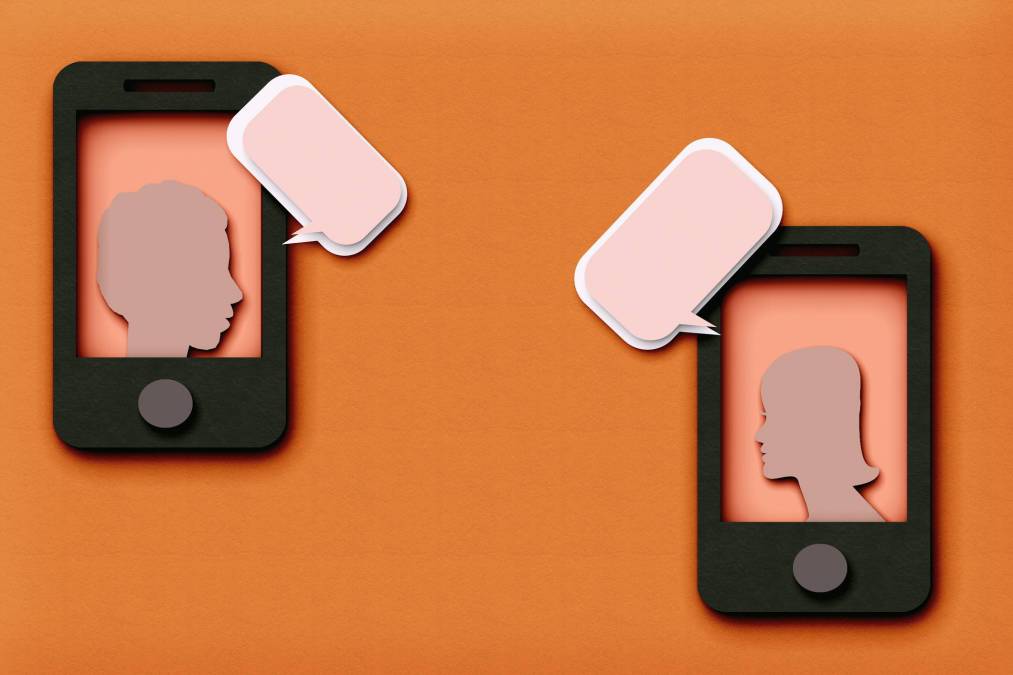Universities’ researchers, recent graduates and IT departments are using mobile apps to solve challenges that students and staff are facing both on and off campus. Here are four of the newest ones:
From dating to tracking COVID-19 — 4 new university mobile apps
Some new ways students, faculty and recent graduates developing mobile apps to solve challenges that campuses face.

Earlier this month, Yale University undergraduate Evan Lee launched a mobile app, called RideBuddies, that makes it easier for Yalies to share an Uber or Lyft when traveling between the university and several nearby airports in Hartford and New York City. The app provides anyone with a Yale-controlled Google account a simpler alternative to the posts already shared on Facebook and GroupMe where people are looking for someone with whom to share a ride fare. Lee worked with the Yale Entrepreneurial Society Incubator program to develop the app, which is currently available on the Apple App Store.
Researchers at Princeton University are developing technology that uses smartwatch sensors, a new mobile app and neural networks to predict within minutes whether someone has been infected with COVID-19. The technology, which could also be applied to diagnosing and monitoring chronic conditions including depression, bipolar disorder, schizophrenia, diabetes and sickle cell disease, is led by Niraj Jha, a professor of electrical and computer engineering. The software draws on readings from sensors that monitor heart rate, skin temperature, galvanic skin response and blood pressure and oxygen saturation levels. Though still being evaluated by the FDA under its “software as a medical device” provision, some academics are predicting the tech could prove superior to rapid antigen tests.
Robert Morris University, a private institution in western Pennsylvania, last month announced the availability of a new app that alerts students of nearby threats. The app, called Omnilert, is used by public and private facilities across the country — including also the University of Maryland — to detect active shooters, natural disasters and utility failures. At Robert Morris, the app includes a panic button to alert 911 or campus police, and it can also be customized by each user to set class reminders or alerts for class cancellations.
Two University of Florida alumni in January launched a dating app designed for college students. The app, called Jungle, is designed to connect students who are nearby. The creators, Sebastian Galindo and Jake Nolan, said they wanted to create an app that generated fewer matches than existing apps so each user can find the ideal date nearby. Galindo told the Gainesville Sun that they’re currently talking to college students at universities around Tampa, Jacksonville and Orlando to improve the service so it can be expanded to other states.